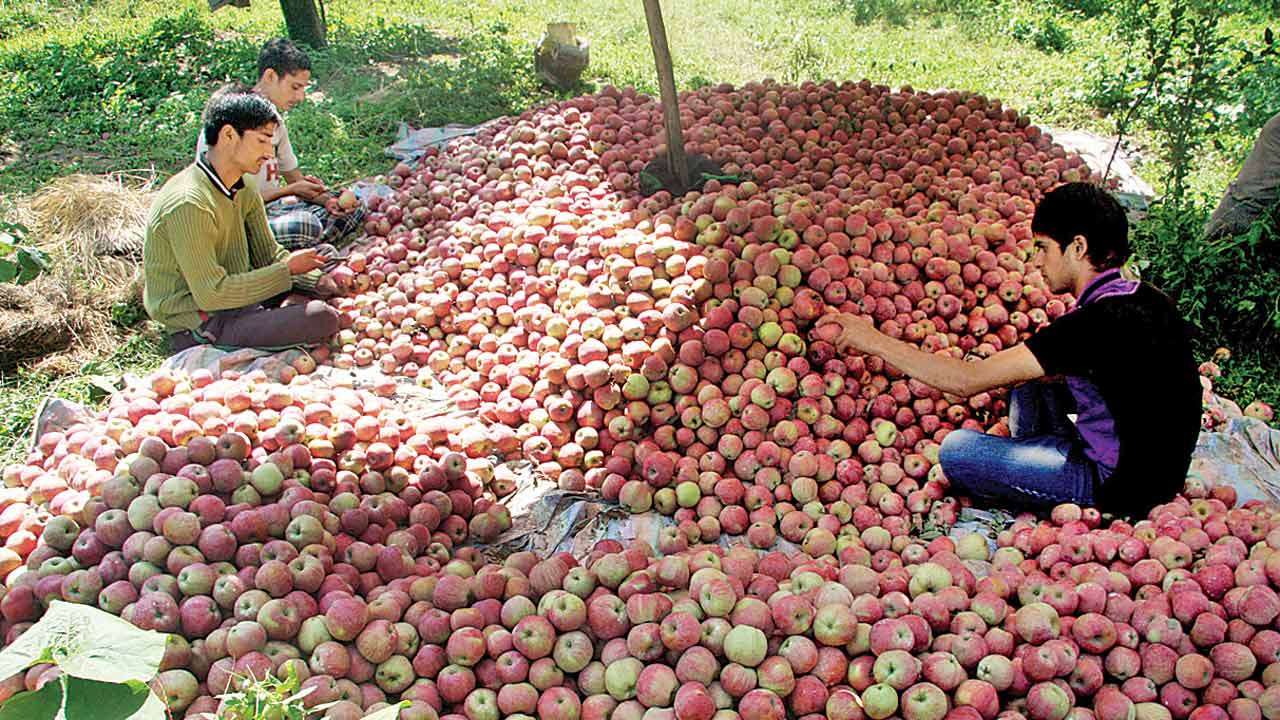
Ahead of mega trade deal, India and Britain may strike interim agreement
Under a potential bilateral deal with India, Britain will open up its fisheries sector to more Indian players and offer more opportunities for nurses

India and the UK are closing in on a free trade pact, in preparation for which they might strike an interim deal, according to media reports. The interim trade deal would be a precursor to the UK’s Enhanced Trade Partnership (ETP), which envisages facilitating market access in specific sectors.
The ETP is part of Britain’s plan to enhance trade relations with global economies, following Brexit — its exit from the European Union (EU). Under a potential bilateral deal with India, Britain will open up its fisheries sector to more Indian players and offer more opportunities for nurses. It will also recognise Indian seafarers’ certificates and consider a social security agreement.
An interim pact, expected to be signed by the end of this year, would open up the Indian market to British firms in the sectors of medical devices and agricultural products (such as apples, quinces and pears), said a Bloomberg report.
Also read: Chidambaram’s advice to government: Print money, spend aggressively
If the ETP is signed, it will mark India’s first major free trade agreement (FTA) in a decade. In 2019, the Narendra Modi government had pulled out of the 15-country trade pact, the Regional Comprehensive Economic Partnership (RCEP), at the last minute.
Modi-Johnson talks
In early May, Modi and his British counterpart Boris Johnson had held virtual talks, where they discussed a ‘quantum leap’ in bilateral ties including an enhanced trade pact to boost exports and address market access issues, according to the Bloomberg report.
Now, India and the UK have put together a list of ‘achievable items’ that may help the UK showcase to its citizens how it has benefitted from Brexit, said the report. For the Indian government, it would be a way to allay criticism on its withdrawal from RCEP participation, it added.
Amid a slumping domestic economy, the Indian government has been under pressure from exporters to find more global markets. It has engaged in talks with some of its major trade partners such as the UK, the US and the EU, but only the first has borne some fruit. The rest fell through after years of negotiations. The Bloomberg report quoted sources as saying this time round the talks have seen speedy progress since Britain needs the deal, too.
Contentious issues
The broader FTA would result in New Delhi and London trimming tariffs on various products, facilitating investments and opening up access to services and goods. The duo plan to double bilateral trade by 2030; for fiscal 2019-20, it had stood at $15.4 billion.
India, however, is expected to object to some of the British demands, such as lowering the tariffs on alcohol and automobiles. The UK wants India to lower the 150% tax on whiskey and 125% duty on imported cars, said the Bloomberg report. India, on the other hand, wants to be declared a ‘data secure nation’, which would boost the prospects of its IT industry.

